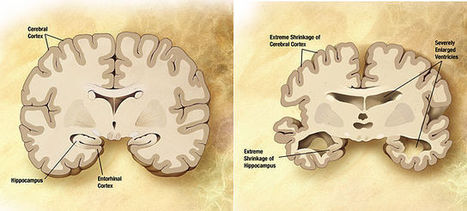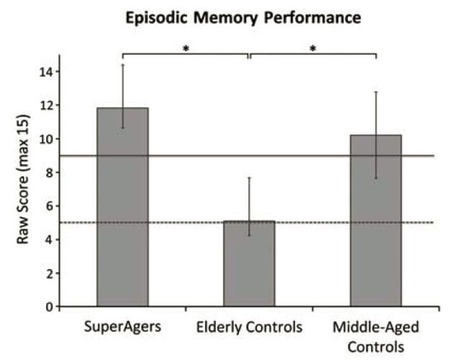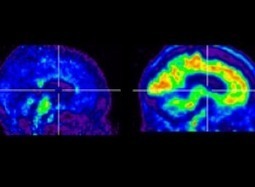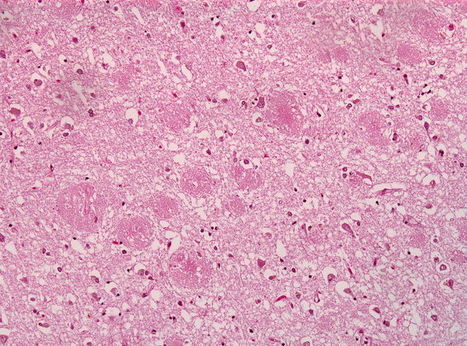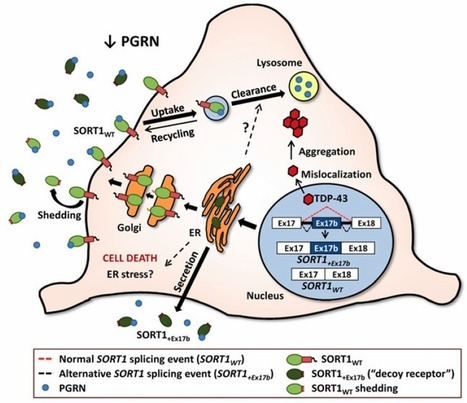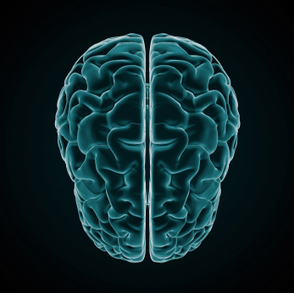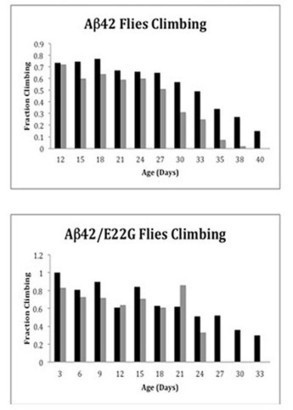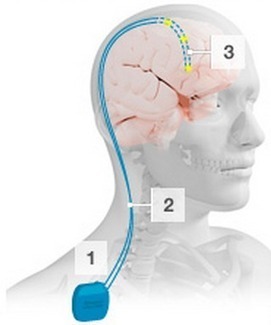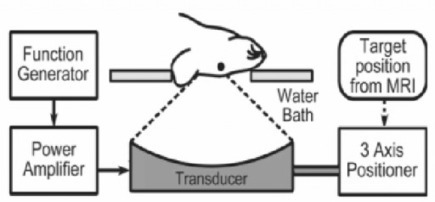New research in the FASEB Journal by NIH scientists suggests that a small molecule called TFP5 rescues plaques and tangles by blocking an overactive brain signal, thereby restoring memory in mice with Alzheimer’s — without obvious toxic side effects.
“We hope that clinical trial studies in AD patients yield an extended and a better quality of life, as observed in mice upon TFP5 treatment,” said Harish C. Pant, Ph.D., a senior researcher involved in the work from the Laboratory of Neurochemistry at the National Institute of Neurological Disorders at Stroke at the National Institutes of Health.



 Your new post is loading...
Your new post is loading...

